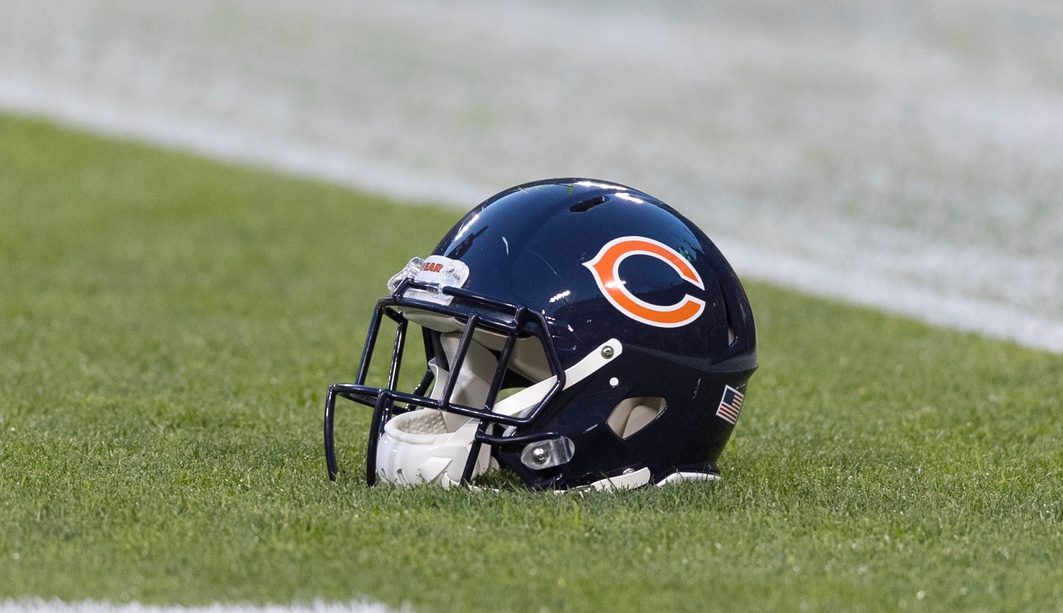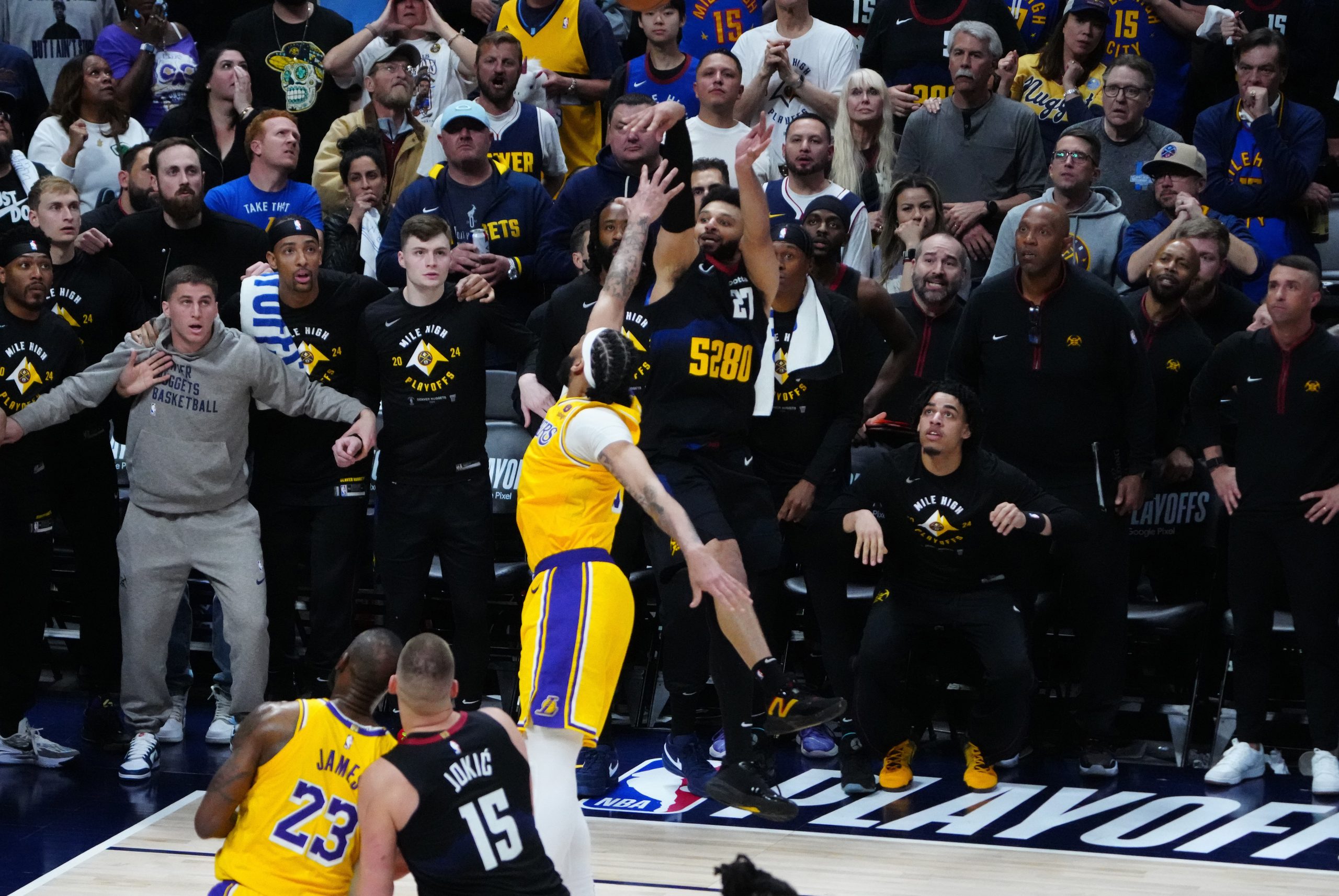If you love hockey it means that you fell in love with a sport that allows on ice battery. It is loosely controlled chaos with sticks and skates. It is violent and tenacious. When you fell in love with hockey, the sport’s chaotic nature was probably a major part of the draw. That is nothing to be ashamed of.
Hockeydom embraces the live-in-the-momentness of hockey. Hockey consumes you while you are watching it. A roller coaster of emotion from whistle to whistle for everyone involved. What happens on the ice stays on the ice, except it will stick with you forever.
What happened the other night to George Parros was haunting. It was unlucky and sad.
Parros has made a living (a really f’n decent living) putting himself in harm’s way. A Princeton Grad who majored in majors; Parros understands what his role as a hockey player is. He is there to fight. We don’t need to think for Parros, he majored in Economics at Princeton and wrote a thesis on something called the West Coast Longshoreman Dispute. It is evident the man can think for himself.
That’s why we shouldn’t turn Parros into a “told you so” device in the crusade against fighting in hockey. It is a divisive issue, one that needs to be handled with care, and hopefully will be soon enough. Going on a witch-hunt against those who like fighting is not the way to go about having a progressive argument.
The second Parros’ chin met the ice at Centre Bell, the anti-fighting faction took to their laptops to rail against fisticuffs.
The next night, many of the same pundits took to Twitter to talk about how happy they were that Patrick Roy was back in the NHL. Roy announced his return to the league through a $10,000 meltdown that went viral in an instant.
Weirdly enough those who want to see fighting banned from hockey lauded Roy’s return and talked about how happy they were he was back. One has to think that that kind of hypocrisy won’t help them progress in their arguments.
Many of the new generation in hockeydom don’t find fighting that important. They don’t think it has any bearing on a game’s outcome, and it has to be acknowledged that objectively it does not. If you think sports should be a clean, cut and dry type of thing you may tend to agree with them. Then there is the old guard. They believe fighting is a part of the beauty of hockey and has an effect beyond what meets the score sheet.
The tools at the disposal of the new generation of fan has turned us into stat hoarding snobs. We want everything to be able to be weighed and measured. The advances in technology and research gathering have made some serious ground in getting us to that moment, but for now, there are some things that transcend still.
Fighting is one of those things. There is an undeniable mystique surrounding a heat-of-the-moment hockey fight. The type that can actually turn a game on its head and revive a season.
Is every fight beautiful? Absolutely not.
A sizable load of NHL fights are meaningless “staged” bouts. Fights between two enforcers (like George Parros) who are on the team to sell tickets by getting their noses reorganized. These fights do more harm than good and should be downsized.
How can the league do that? No idea, but they should figure it out. These asides are not only harming the argument for fighting in the league, but they are also harming the game.
These “staged” fights are a sort of new phenomenon. Back in the day teams dressed half-skilled enforcers to protect star assets. You will often hear the following from a fighting enthusiast:
Gretzky had McSorley and Semenko. You need to protect your stars!
Yes, it is true that Gretzky had guys who made those who got in his way pay, but things are different now.
If a ref missed a call on a dirty hit back in the day, the only ones who could make the perpetrator pay was the enforcer. Now, we have cameras everywhere, a well-staffed disciplinary board, and Social Media.
An incident today is seen by millions and retweeted by millions more. Players just can’t get away with what they used to.
So yeah, Gretzky probably needed McSorley; but does John Tavares need Eric Boulton? No.
There is obvious middle ground to be excavated in this argument. Unfortunately it is unlikely it is met soon because the season has already started and rule changes mid season are pretty much impossible, so just accept what we have now and learn from it.
Soon enough the NHL will come to its senses and cut back on staged fights in whatever manner works and then go from there. In the mean time, lets just stop arguing about it because the bickering is becoming too much to bare.







